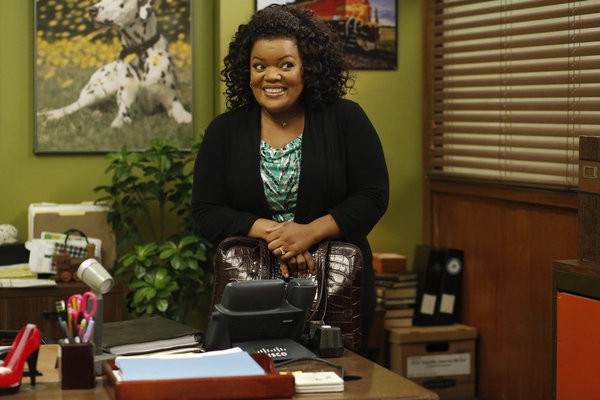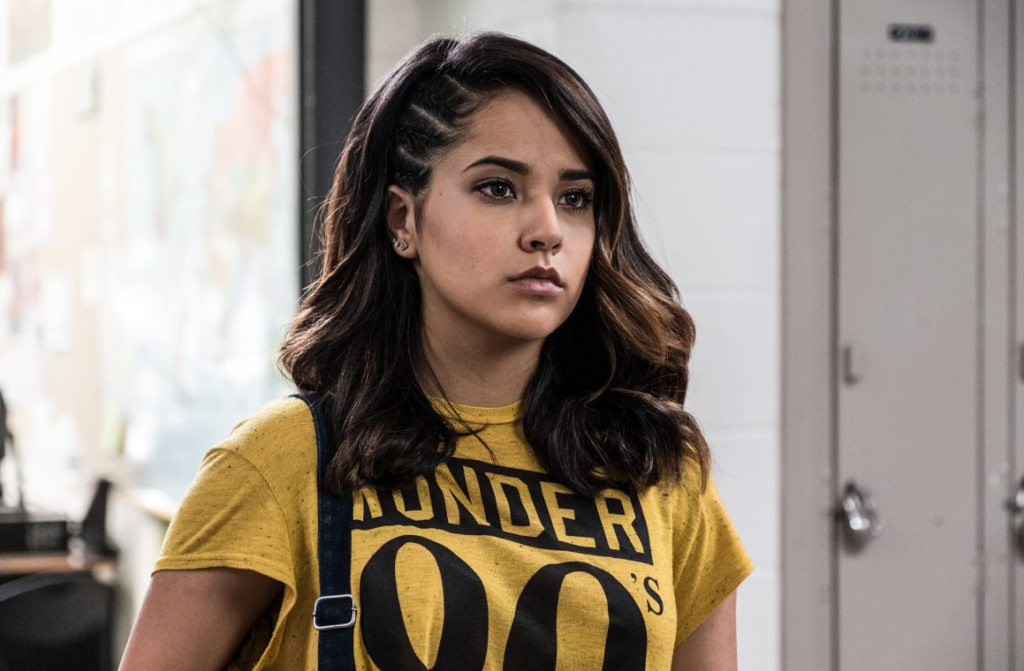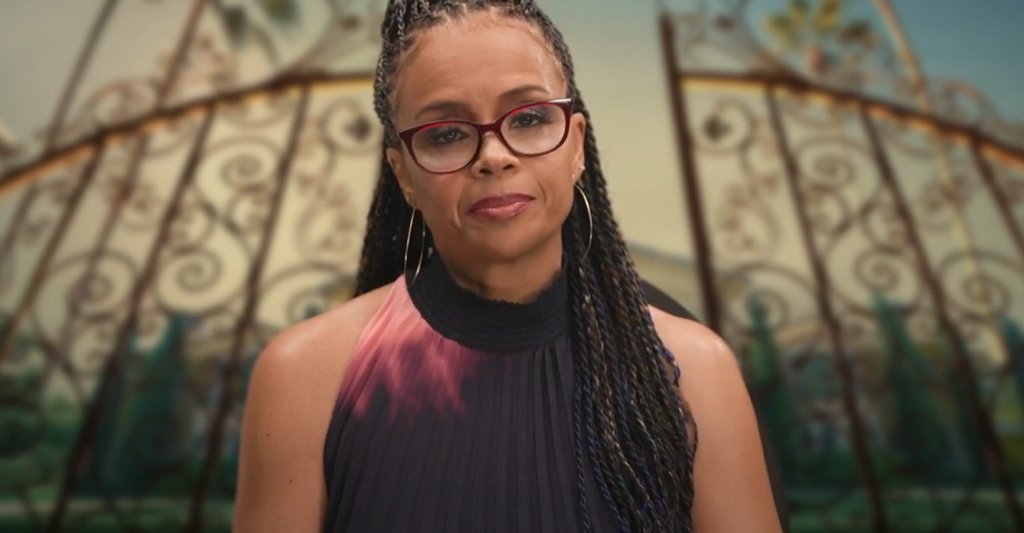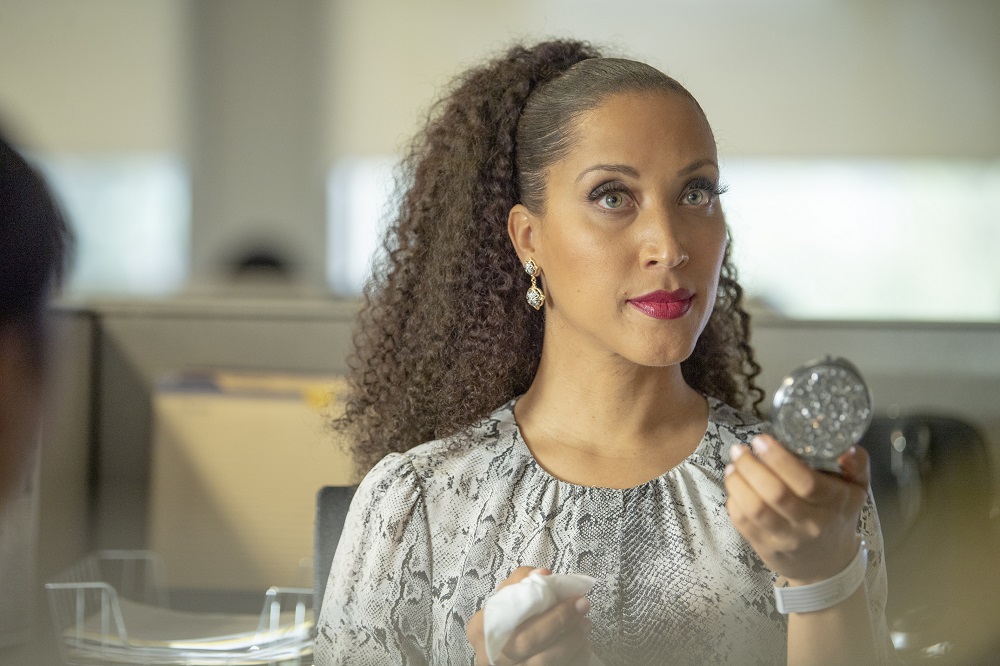It’s been television’s age-old dirty little secret: Men — white men, in particular — usually make more than their female counterparts. Though this archaic industry standard is still the status quo, it’s clear that Hollywood has overestimated the longevity of its “hush-hush” status. Now, actresses, alongside other performers of color, are beginning to talk — and they won’t stop until studios and networks listen.
After sharing her experience on Twitter for Black Women’s Equal Pay Day, television veteran Yvette Nicole Brown (“The Odd Couple,” “Community”) recently spoke with Variety about the issue. During a seemingly lighthearted conversation with fellow colleagues, Brown discovered that, as a series regular, she “was making just a smidge over what a white man was making as a GUEST star.” It became clear that she was making far less than her regular counterparts “because no one was shocked by what the guest star earned.”
Brown explains that this mentality first begins at the pilot level partially due to experience. “Your [pay] quote increases when you book pilots,” she explains. However, auditioning for pilots, let alone booking them, is easier said than done. According to Variety, of the 46 lead roles available in this year’s pilot season, only 33 percent are female and only 20 percent were given to people of color.
Counterarguments regarding experience and “worth” are therefore flawed from the get-go. This becomes even more evident at the top of the financial pyramid, as even women who have “made it” on a successful, regular series continue to come in behind their male co-stars.
As we’ve previously reported, some of television’s biggest female stars have had to oust their network and fight for equal pay. “Shameless” actress Emmy Rossum” fought for a raise last December, and “Criminal Minds’” Kirsten Vangsness and A.J. Cook have just recently begun to earn a salary “on par” with co-star Matthew Gray Gubler. “The Big Bang Theory’s” Mayim Bialik and Melissa Rauch have also recently held out for a pay raise.
According to the newest salary numbers from Variety, it’s clear that speaking out has worked to some effect. Emmy Rossum’s pay now matches that of co-star William C. Macy, and Mialik and Rauch have indeed received a salary closer to that of “The Big Bang Theory’s” original five.
But let’s be clear: The pay gap is a complicated issue that accounts for much, much more than gender. Pay is also “depressed by lack of demand” for roles featuring women of color. While the majority of white women who fight for equality may succeed, the on-screen pay gap is also “fused to the shortcomings in diversity and inclusion that networks and studios have made progress in addressing but failed to correct.” Despite its proven success, inclusivity still remains on Hollywood’s back-burner.
This is why Variety’s release of the latest numbers is so important. As Brown emphasizes, “I speak up because others who are coming up cannot speak up.”







